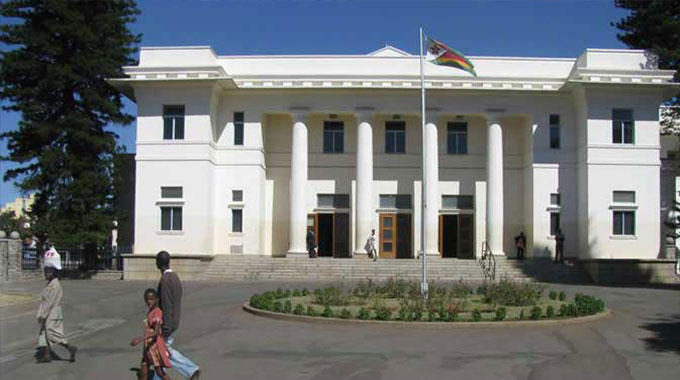The Office of the self-proclaimed Ndebele King, King Bulelani Lobengula kaMzilikazi, has issued a formal response to recent remarks made by Zimbabwean government officials concerning his recent visit to Bulawayo.
The King, who is based in South Africa and is a descendant of the famed Ndebele rulers King Lobengula and King Mzilikazi, made what his office described as a “private and dignified cultural pilgrimage” to the historic city. His visit included a courtesy meeting with the Mayor of Bulawayo, Councillor David Coltart.
Comments made by the Minister of Local Government and Public Works, Daniel Garwe, and ZANU PF spokesperson Christopher Mutsvangwa have drawn concern from the King’s representatives.
In their statement, the Office of the King emphasised the need for public officials to demonstrate greater cultural sensitivity and respect when addressing matters of traditional leadership and heritage. The statement reads:
His Majesty’s role is not political but restorative, cultural, and symbolic. It is aimed at uniting Mthwakazi descendants across Southern Africa and the diaspora through heritage, identity, and community development.
The King’s team stressed that the visit should not be misconstrued as a political manoeuvre or act of defiance. Instead, it was framed as a peaceful and respectful return to the cultural heartland of the Ndebele people.
Responding to the suggestion of a possible arrest, the King’s office said such threats were counterproductive, arguing they do not reflect the principles of Ubuntu or the broader ideals of Pan-Africanism.
The statement further expressed a commitment to peace, dialogue, and cultural preservation. It underscored the potential for traditional institutions to work in harmony with state structures to promote community development, unity, and cultural tourism.
In closing, the King’s office expressed gratitude to Zimbabweans who have shown their support for the visit and for the broader Kingship initiative.
It has clearly demonstrated that ‘Inkosi YiNkosi Ngabantu’ — a King is a King because of the people.
His Majesty’s presence, it said, should not be seen as an imposition, but as a symbol of shared history and a call for reconciliation, dignity, and national healing.

 Download the Pindula App Today
Download the Pindula App Today
 WhatsApp Group:
WhatsApp Group:  Telegram Group:
Telegram Group:
Back to top